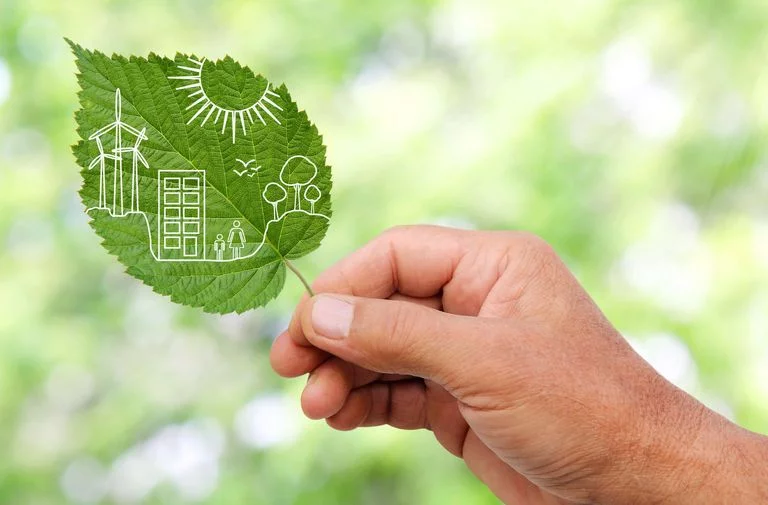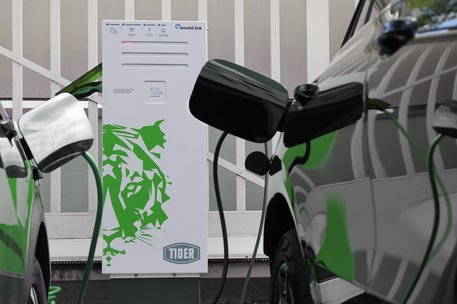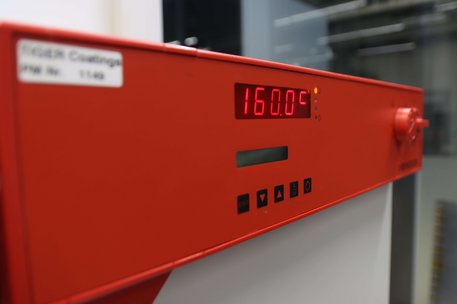Powder Coatings Products
Powder coatings are solvent-free baking enamels that are processed into a fine coating powder in a multi-step manufacturing process. The powder is applied to the surface to be coated using an electrostatic spraying device and melted and chemically cross-linked in the subsequent baking process at temperatures of 150 to 200 °C.
The success story of powder coatings in industrial surface finishing began in the 1960s, has been the subject of continuous innovation ever since, and continues to impress users today with its many benefits:
TIGER R&D Center
At the ultra-modern TIGER R&D Center, the topic of sustainability affects all development activities. Our research focus is currently on
- Lowering curing temperatures
- Reduction of coating thicknesses
- Maximizing the service life of coatings
- Development of sun-reflective finishes to reduce building temperatures
- Possibility of recycling
- Search for and testing of substitute materials for CMR components
- Use of bio-based raw materials
Sustainable powder coating: 5 tips for coating operators
Powder coating is sustainable. This statement is largely based on the composition and production process of the powder coatings themselves - but coaters can also do something for the environment! This article gives you five tips with which you can make your coating process more sustainable. The measures will not only have a positive effect on your own ecological footprint, but also on your profitability.
Read more
Green energy for a green future
Prices for electricity, gas and heat are currently at record levels. Energy-efficient management and a sustainable lifestyle are therefore more important than ever - for companies and private households alike. Against this backdrop, the automotive industry is also facing a profound change - away from fossil fuels and toward electromobility.
Read more
Low-cure powder coatings
as an energy-efficient alternative
Their properties allow low-cure powder coatings to significantly improve manufacturing processes in terms of sustainability and productivity. Lower temperatures in the curing oven mean less oil, gas and/or electricity consumption. This also reduces CO2 emissions, which are known to contribute to global warming. The user, in turn, benefits from accelerated turnaround times as objects reach the desired temperature faster.









